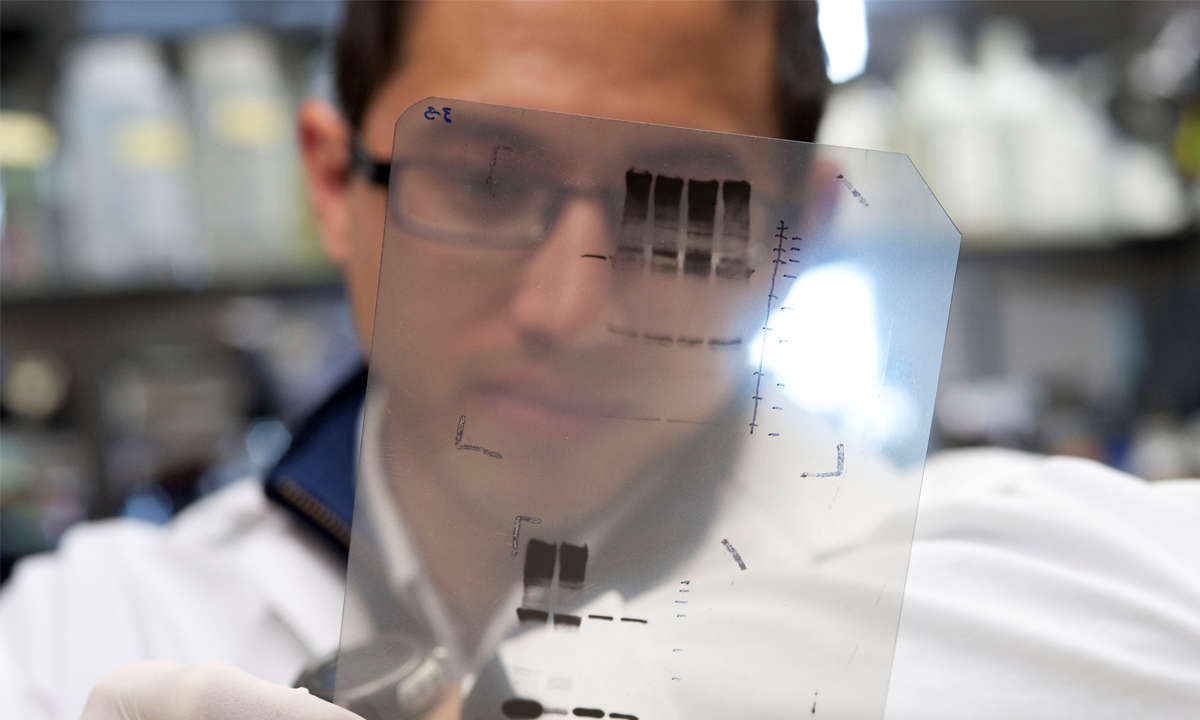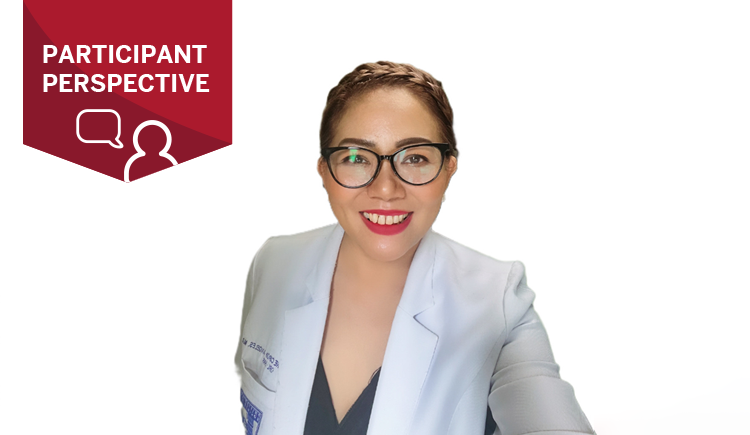
If you’re a medical professional interested in health care research, it’s important to strengthen your understanding of good study design, epidemiology, and biostatistics so you can interpret and design projects that will have a meaningful impact on the field.
Today, most medical schools provide students with a taste of basic research concepts and epidemiology (the process of looking for the causes of diseases in populations), but they don’t typically delve into the specifics involved.
As a result, clinicians working in a variety of settings may be missing important opportunities to critically read, interpret, and design studies in such a way that they can help improve patient care and outcomes, according to Julie Buring, ScD, who is Professor of Medicine at Brigham and Women’s Hospital and Harvard Medical School and Professor of Epidemiology at the Harvard T.H. Chan School of Public Health. Buring also serves as a faculty member for the Harvard Medical School Global Clinical Scholars Research Training program.
Applying Research Training to Advance Health Care Careers
She points out that clinicians who gain solid skills in research principles and best practices can apply this knowledge on the job in a number of ways that can further their careers, such as by:
- Taking a clinical leadership role in medicine by strengthening their collaboration skills, navigating challenges, and managing conflicts more effectively.
- Using advanced statistical tools to analyze data and generate professional figures and tables for manuscripts to facilitate communication.
- Applying search ethics to explore the nuances of conducting biomedical research on people and learn how to prepare the research to protocol application and informed consent documents.
The Need to Be a Critical Thinker
Buring points out clinicians and clinician-scholars also need to become critical thinkers, both in conducting projects and also in interpreting the results of others’ efforts so they can connect the dots to their own practices and patients.
“People need to develop a new way of thinking things through and questioning the validity or truth of a research study and its findings to understand the true meaning,” she says.
To see the concept in action of becoming a more clinical thinker when it comes to analyzing research, Buring offers the following real life example.
“Let’s say a clinician is focused on prevention and wants to figure out what people can do on a daily basis to reduce their risk of developing a chronic disease such as heart disease, cancer, or age-related loss of cognitive function,” she says.
Understanding Health Care Research Studies
One question someone might ask would be: If I take an Omega 3 fatty acids (fish oil) supplement on a daily basis, would that reduce my risk of developing a heart attack or stroke in the future? “We could conduct a study on Omega 3 fatty acids to help answer this question. First, a clinician might observe that people who frequently eat fish rich in Omega-3 fatty acids or take a fish oil supplements seem to have a lower risk of heart disease than people who do not regularly eat fish,” Buring points out. “That could mean that Omega-3 fatty acids are beneficial for heart disease, and people should consider eating more fish in their diet or taking a supplement,” she says. “But then we need to show that it really is the Omega-3 fatty acids that make the difference, rather than that those who eat fish or take a dietary fish oil supplement on a regular basis are just different than those who do not in a number of other ways that might in themselves reduce their risk of heart disease.”
This raises even more questions. “For example, do people who eat fish regularly also take other types of vitamins and supplements? Or, do they eat less red meat? Eat more vegetables? Exercise more? Do they have other aspects of their lifestyle that benefit the heart?” she asks.
Designing Valid Health Care Studies
“As shown in this example, it’s important to recognize that with observational data, we record what people self-select to do on a regular basis,” Buring says. But no matter how many observational studies you look at, there is still the fact that there could be different answers to explain the health benefits people get that go beyond the factors under study. You can’t assume that an observed benefit of Omega-3 fatty acids in an observational study is a direct cause and effect relationship.
“The only way to definitively answer the question of the role of Omega-3 fatty acids in the prevention of heart disease would be to conduct an intervention study, or randomized trial, where we assign one group of participants to take fatty acid supplements and another group to continue to consume their usual diet, and we compare the two groups over time with respect to their subsequent development of heart disease,” she explains. “If at the end of the trial, we still see that people with a higher intake of fish or fish oil supplements have a lower risk of heart disease, we will now have much higher confidence that it is the Omega-3 fatty acids themselves that are really involved in the benefit, and we will have more confidence in discussing these data with our patients,” she says.
How Clinicians Can Apply Research Findings
For clinicians and scientists looking to broaden their contributions in the research arena, Dr. Buring points out that developing the ability to look at available and emerging evidence in this deeper way is essential.
“I tell people to consider every study with a critical eye, then ask themselves, ‘What data from this study can be considered as green light [representing valid or true data] that I can take away and apply to my work with patients? What data are yellow light, meaning the data aren’t perfect but give me something to consider while looking further at other evidence? And what data are red light, where the information presented is not strong or valid enough evidence at this time to move forward,” she says.
The Need for Clinicians to Collaborate on Health Care Research Projects
Buring also points out that just because clinicians deepen their understanding of different aspects of research doesn’t mean they have to master it all themselves. “I feel strongly that clinical and epidemiologic research is a team sport. The key is to understand enough so that you can work in a team with other experts and ask the right questions, not try to replace their expertise yourself,” she says.
A lot of clinicians and clinical-scientists are not trained in understanding research on this level. “But if you don’t understand what makes a study good or bad, you can spend so much time and money developing research projects around a good question, but it still may not advance clinical care or address the gaps in our understanding of a disease or a preventive method,” Buring stresses.
For clinicians, this makes developing or honing their research skills, as well as learning how to work well with other experts toward a common goal, a critical part of success when it comes to designing and leading effective research efforts that will make a real contribution to the field.
Written by Lisa D. Ellis


